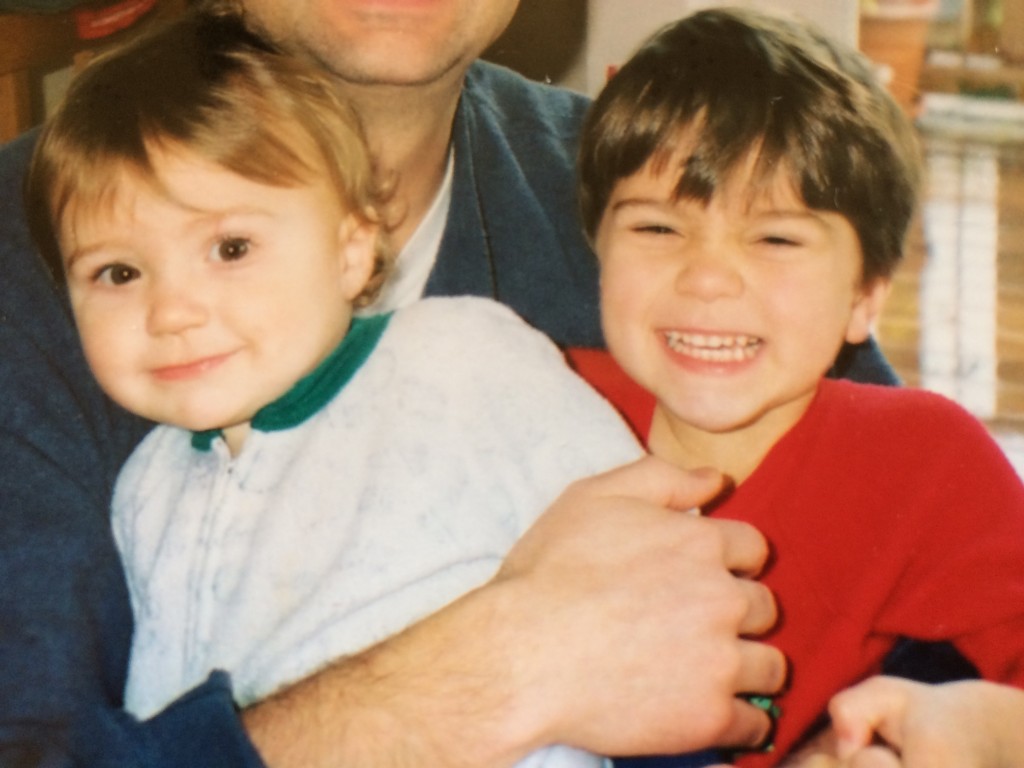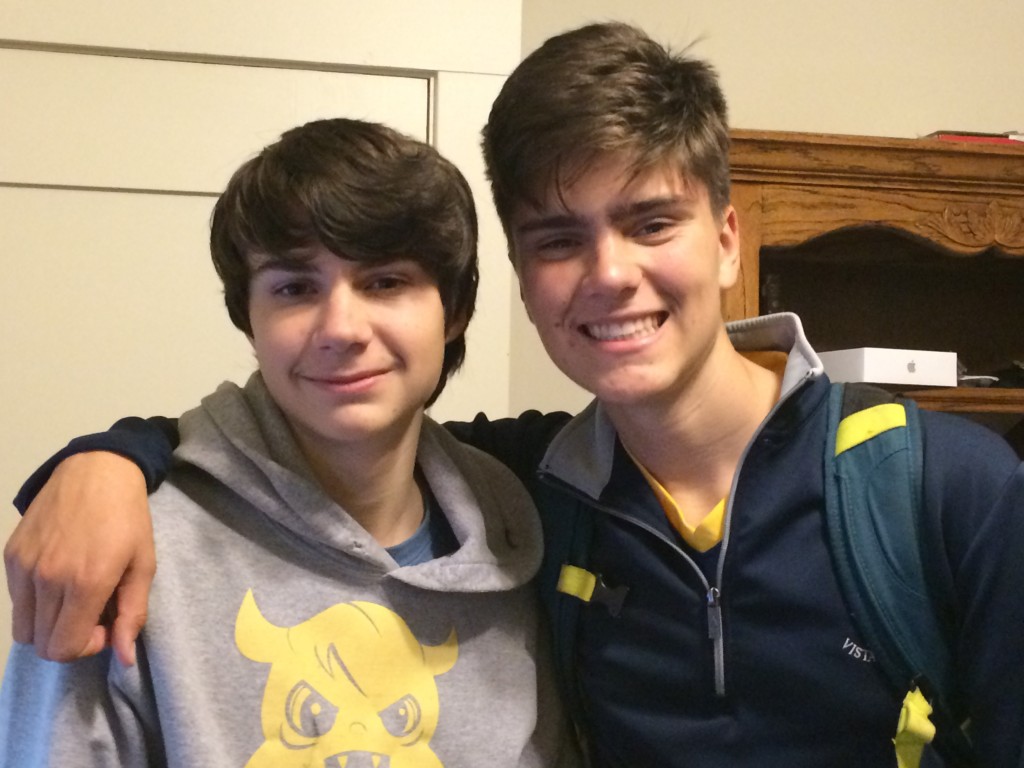
In the 2105 movie “The Martian,” astronaut Mark Watney is stranded on Mars after a dust storm causes the rest of his crew to flee. Watney knows he must make contact with the crew in order to be rescued. He is completely alone in the barren landscape of Mars. Yet he manages to keep his faith that somehow, some way he will reconnect with his team and make it home. He puts his efforts into surviving.
Sometimes Earth itself can be a lonely place too. It can feel quite desolate. We often feel we have to use all our wits to just make it one day to the next. Yet many of us have faith that there’s another thing out there in the universe that is constantly rescuing us, leading us “home.” This thing is called God and he is interested in every detail of our life.
Recently I’ve been challenged to reaffirm my belief that God is a God who cares about the big and small details of our lives. I’ve embarked on a program to train to be a spiritual director. The core of being a spiritual director is listening to people’s lives and helping them see where God has been present. It is an ancient practice that is enjoying a resurgence of interest at a time when many people, Christian and non-Christian alike, are seeking to know more about spirituality and God.
In my program the last six months, we’ve explored various contemplative practices, such as journaling, the Prayer of the Examen, centering prayer, contemplative listening, and imaginative prayer. In addition, I’ve continued meeting with my own spiritual director. In each of these practices, I’ve trusted that God is present and sometimes I catch a word or image that feels like it’s just for me. My general experience as a result of all these practices is a feeling of nourishment and well-being.
This is not to say there have not been challenges, doubts and fears. In “The Martian,” Mark Watney initially has success growing his own food thanks to the fact he had potatoes he could plant and his own waste to use as fertilizer. Then, however, a storm destroys the greenhouse he has built and he is back to ground zero. In the same way, just when I feel I am understanding spiritual direction or God, a storm blows through, causing me to rethink things.
Early on in my spiritual direction journey, I became friends with a woman who is a staunch atheist but finds herself in a space that is causing her to explore the possibility that God might just exist. In our weekly discussions she asks me just how is it that a loving God can allow suffering. Or why God seems so selfish in demanding our complete obedience. I’ve had to admit that I don’t have adequate answers to these mysteries, yet I still affirm that God cares about us deeply. I’ve never been in a relationship in which another person has so persistently questioned God, and, to be fair to the questions, I’ve questioned him too.
It’s easy to see God in the good things but not so easy to understand him in the perceived absences. Not long after I started the spiritual direction training program, I learned I would have to change my own spiritual director, whom I had seen for several years. I was upset. I had grown to trust her guidance and rely on her support. To make matters worse, just as I had to change directors several difficult relationship issues came to a head. How could God pull away this support in a time of need? I eventually did find a new director but not without much fretting. In hindsight, I realize we are almost constantly in a state of need and the months I was without a director made me feel even more strongly that having a director is a good thing—though it’s not the only thing. I can and did receive “direction” from other people.
When Mark Watney was left behind on Mars, it didn’t take long for NASA to realize his predicament. Although communication lines were cut, they desperately tried to reach him. Is God the same way with us, using any and all means to communicate with us? My faith tradition and experience tells me the answer is yes. And the contemplative practices and spiritual direction help me to slow down and see the signs. They even help me examine my doubts.
One thing so far is sure. God doesn’t leave us as we are. Through the contemplative practices and spiritual direction, I can see the faint outlines of change. As my atheist friend points out, personal growth is what God seems to be after. It may be too early to see the big picture of all this. That can wait.

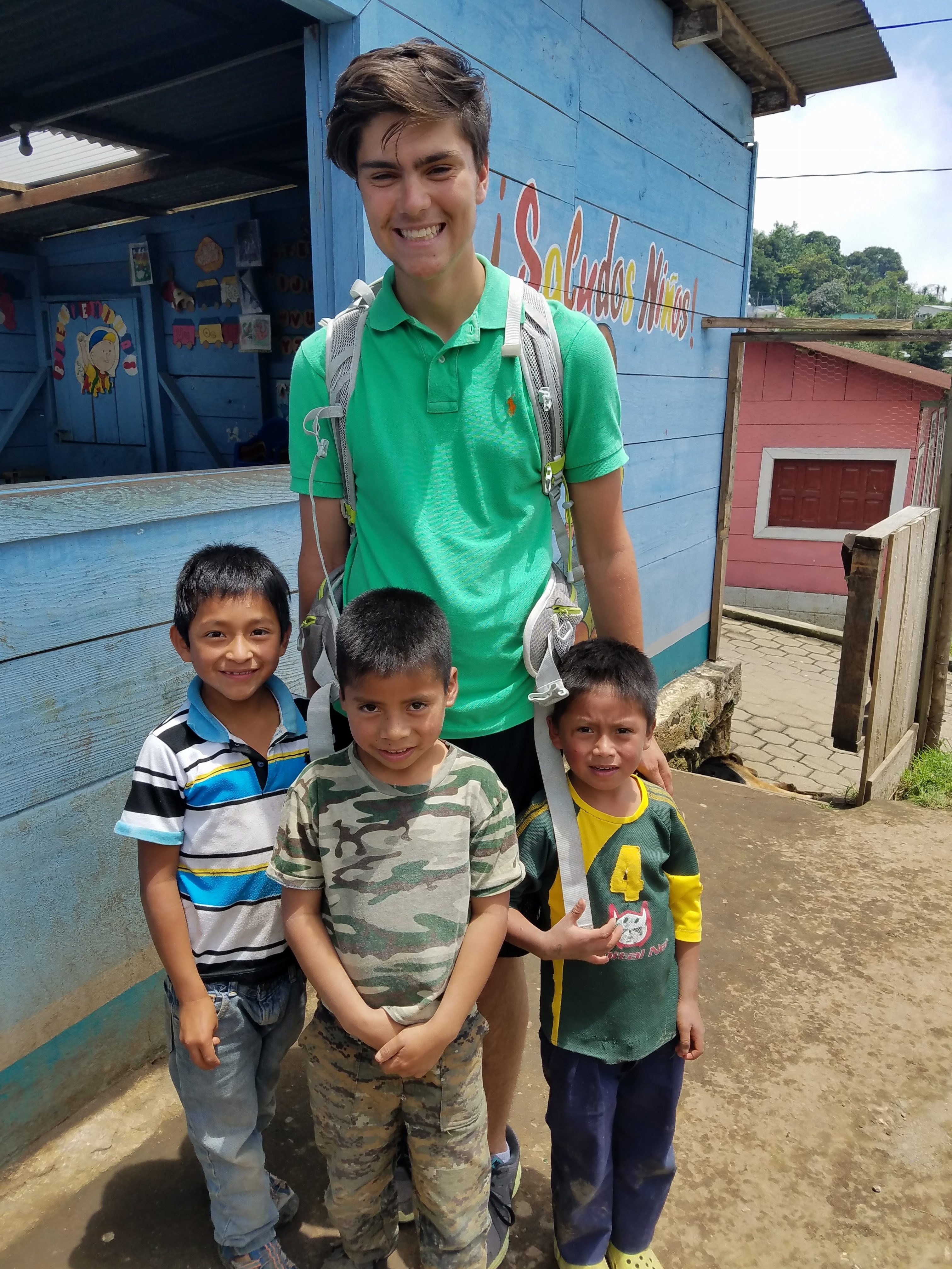 As I explained in my last post, spending a week in the little town of Panyebar, Guatemala recently was a little like a family reunion. Our “family” of Mayan Partners supporters, ages 7 to 50+, joined a group of Guatemalans of all ages, and the results were lovely and heart-warming. Like any family though, there are complex dynamics at work and some situations feel so fluid and unresolved you can only let go and let God (hopefully) direct.
As I explained in my last post, spending a week in the little town of Panyebar, Guatemala recently was a little like a family reunion. Our “family” of Mayan Partners supporters, ages 7 to 50+, joined a group of Guatemalans of all ages, and the results were lovely and heart-warming. Like any family though, there are complex dynamics at work and some situations feel so fluid and unresolved you can only let go and let God (hopefully) direct.
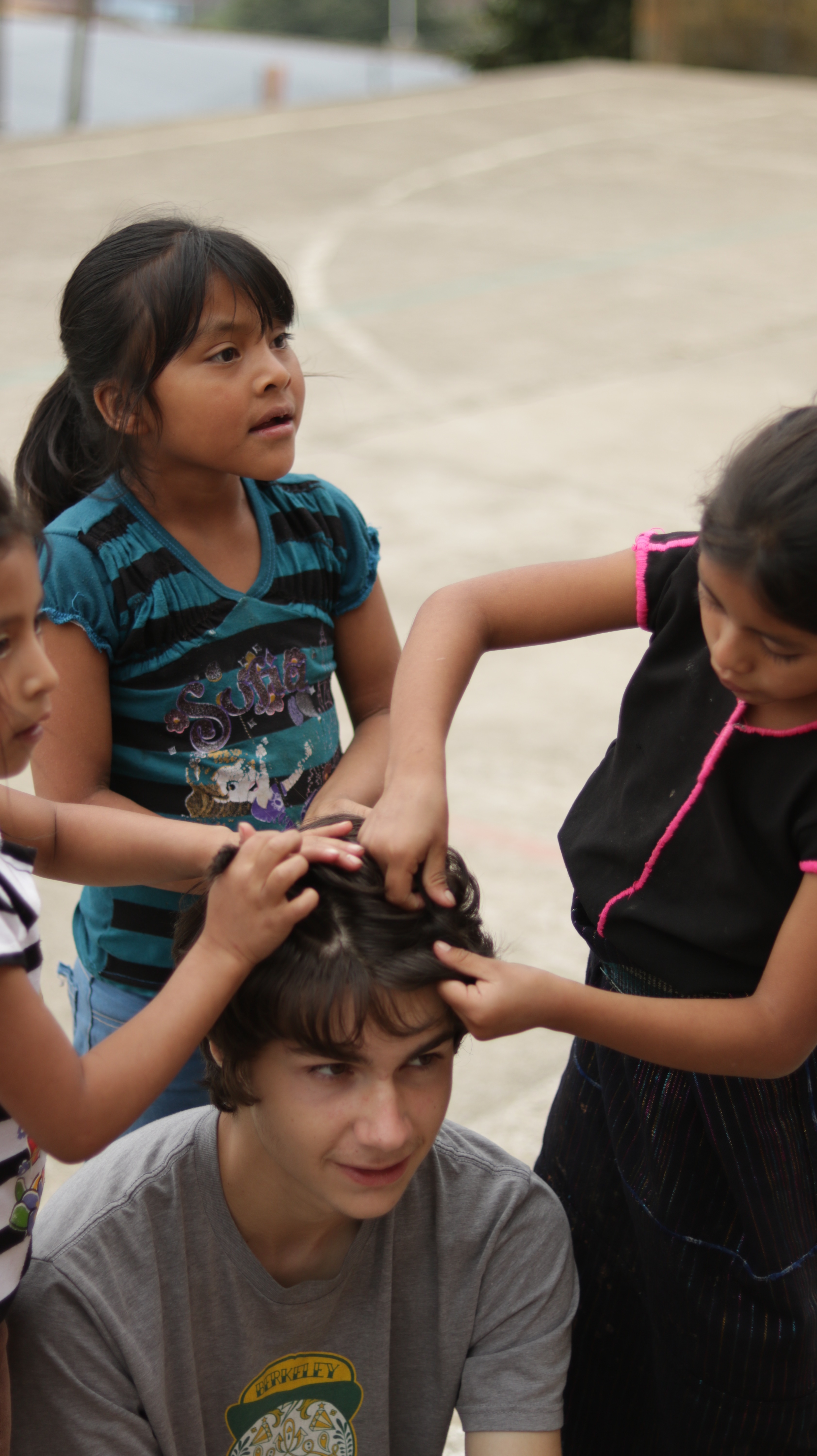
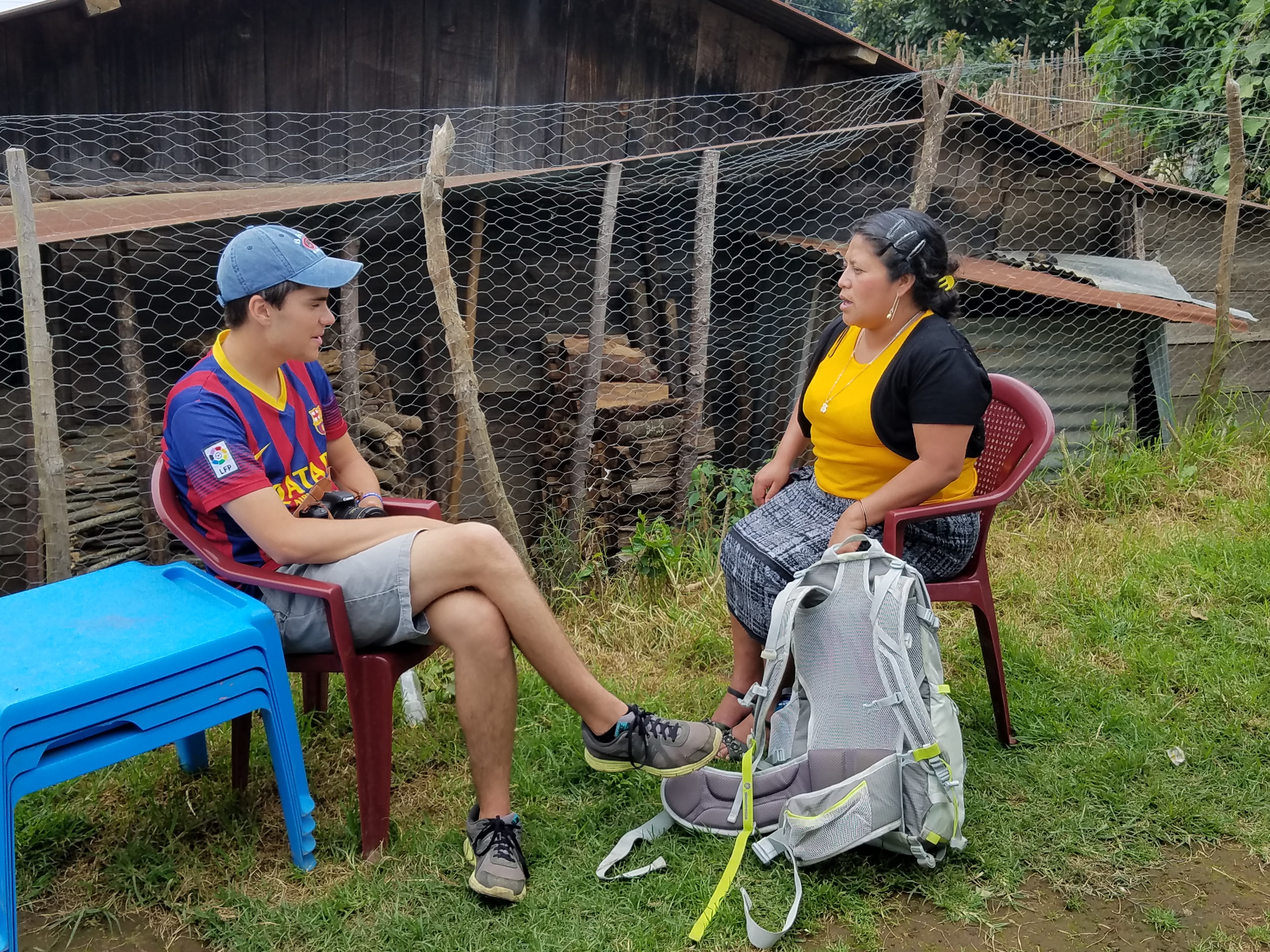
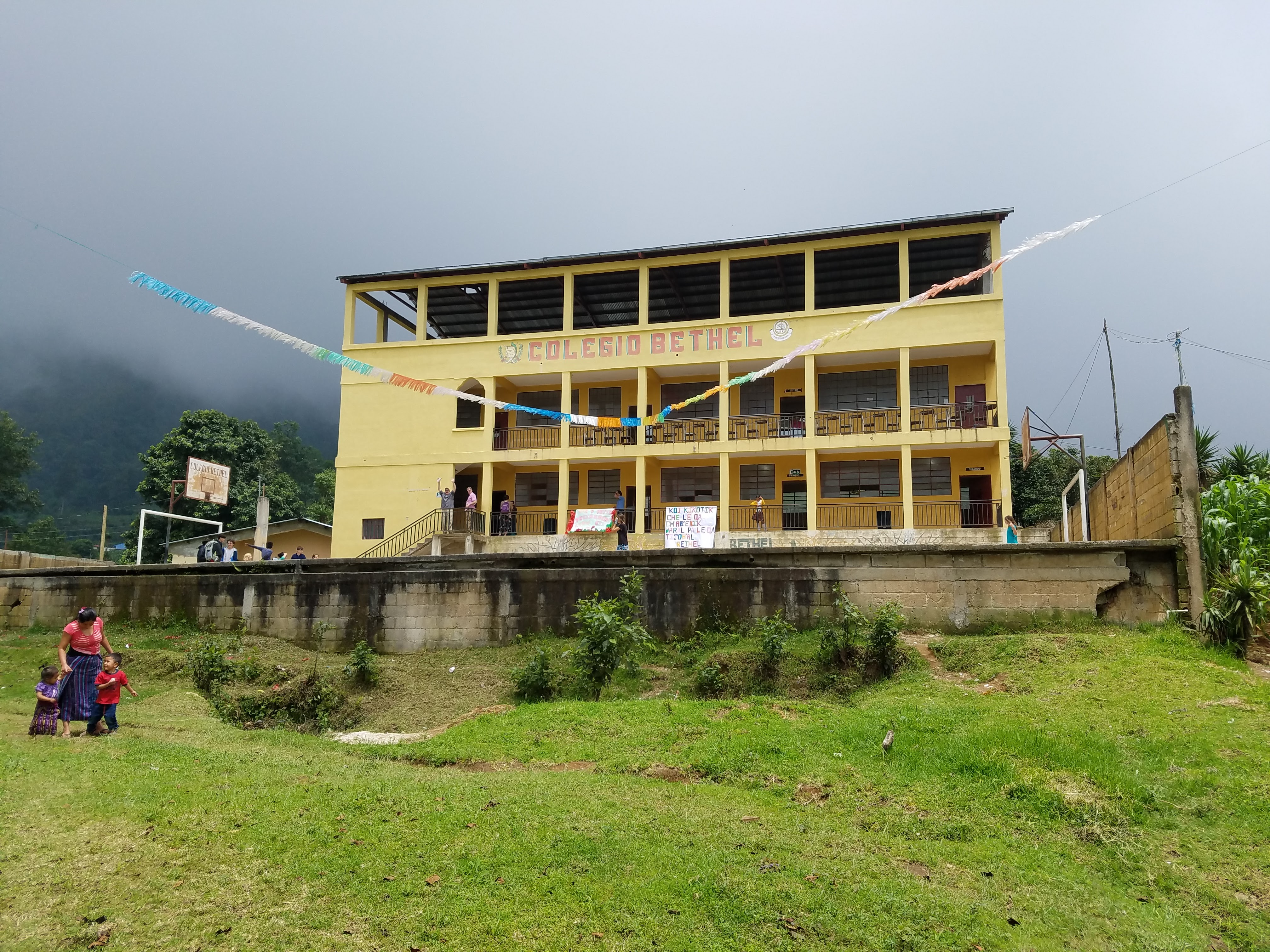
 Another situation that left me somewhat confused happened with a former employee of the school, a woman named Flory. Flory had been a secretary at the school until a few years ago when our group and local leaders decided to implement a policy to eliminate nepotism, which had caused some problems. (Flory is the daughter-in-law of the head of the local committee that runs the school. Her husband Feric and some other teachers also had to leave the school because of the nepotism rule.) Our group reached out to Flory after she lost her job and asked her to make handicrafts for sale in the U.S. as a way to earn income. For two years, she and a group of other women made Christmas ornaments that we sold. We sent many e-mails back and forth to coordinate. Then, this year, I stopped hearing from Flory. My many e-mails went unanswered. What had happened?
Another situation that left me somewhat confused happened with a former employee of the school, a woman named Flory. Flory had been a secretary at the school until a few years ago when our group and local leaders decided to implement a policy to eliminate nepotism, which had caused some problems. (Flory is the daughter-in-law of the head of the local committee that runs the school. Her husband Feric and some other teachers also had to leave the school because of the nepotism rule.) Our group reached out to Flory after she lost her job and asked her to make handicrafts for sale in the U.S. as a way to earn income. For two years, she and a group of other women made Christmas ornaments that we sold. We sent many e-mails back and forth to coordinate. Then, this year, I stopped hearing from Flory. My many e-mails went unanswered. What had happened?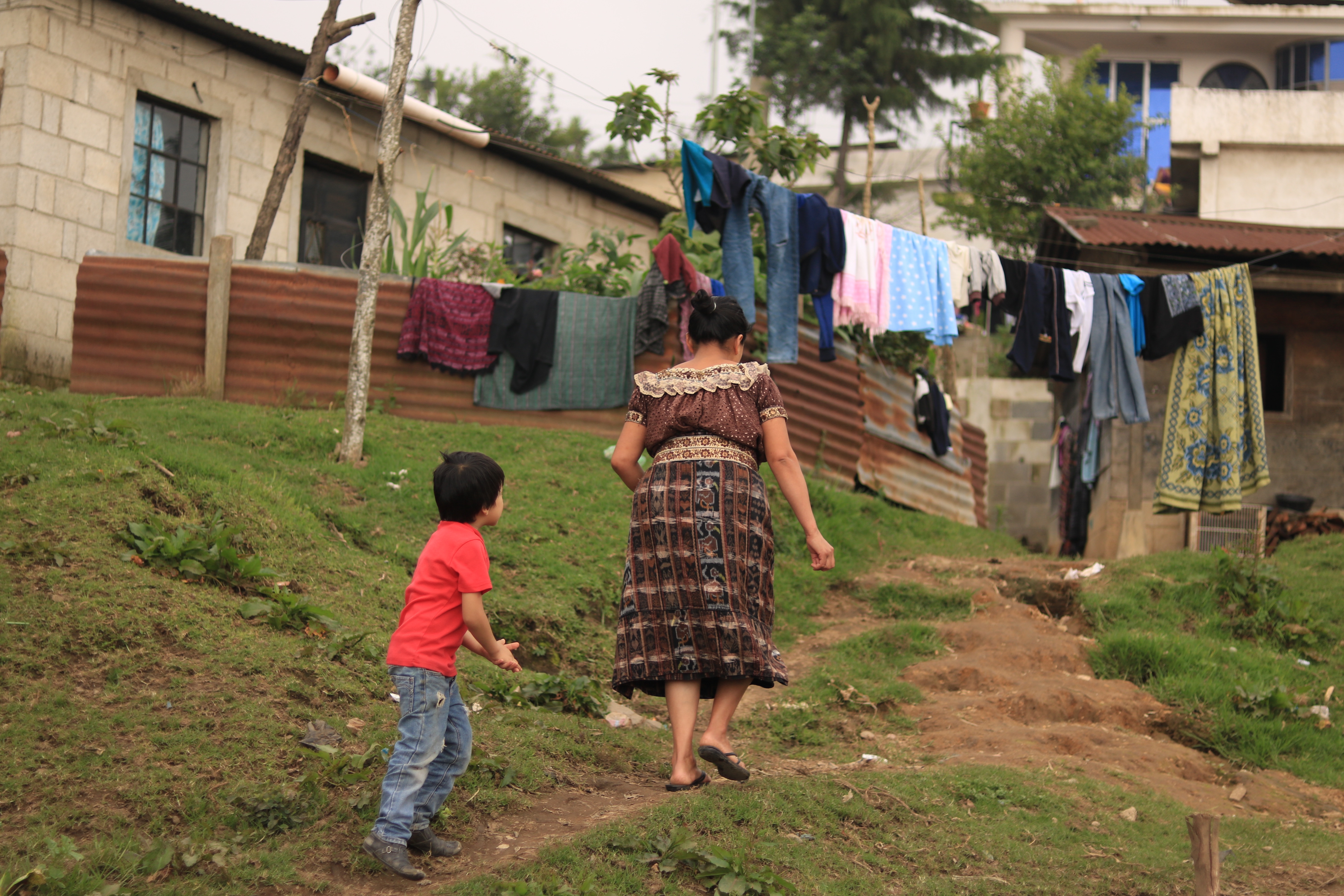
 “Spiritual director? What’s that?”
“Spiritual director? What’s that?”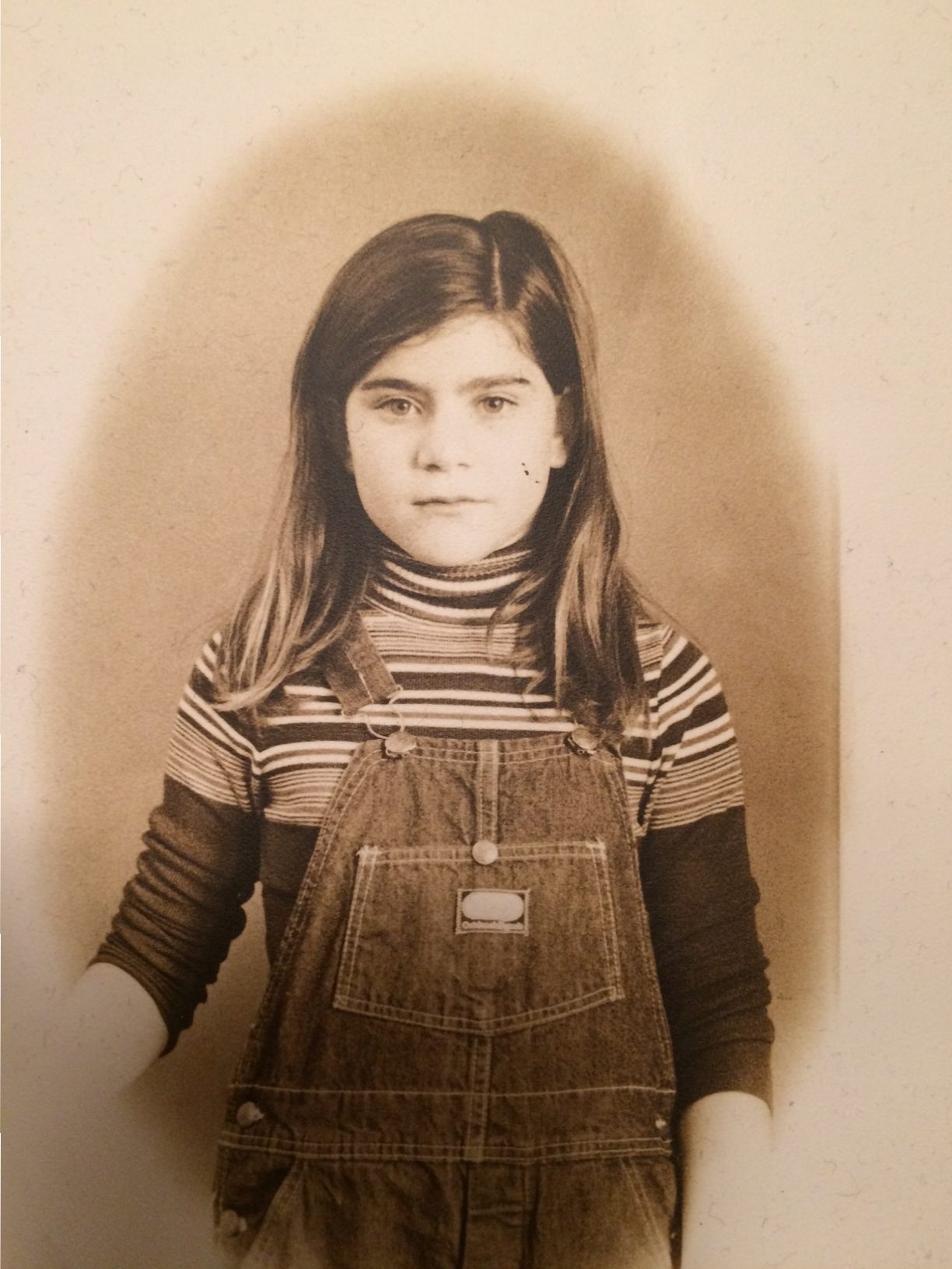
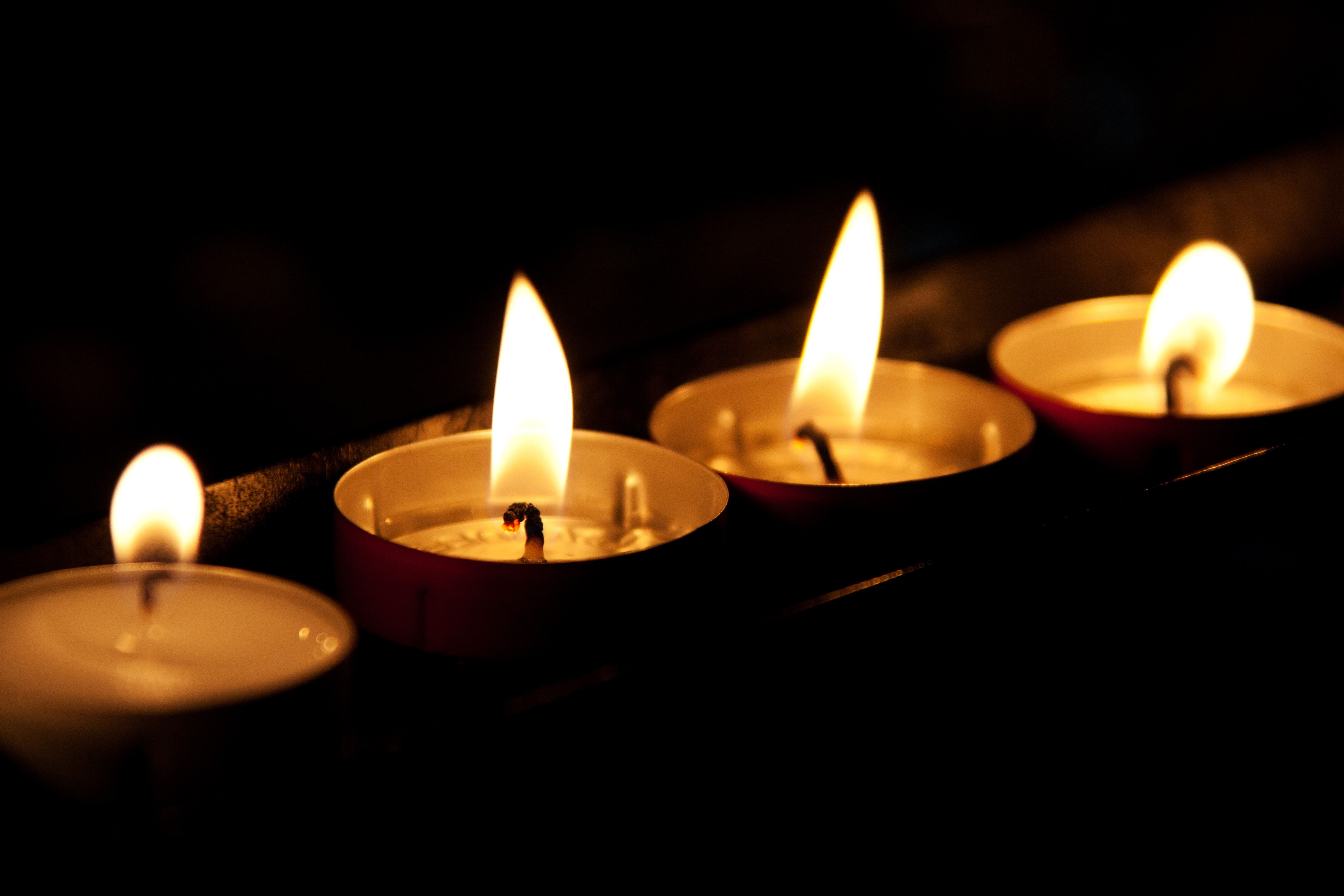 For the last few years I’ve followed an ancient practice of the church, the daily prayer of the examen. Conceived by St. Ignatius of Loyola in the 1500s, the prayer of the examen has enjoyed a popular resurgence in recent years as people search for new (or old) ways to connect with God. The examen involves prayerfully examining your day and looking for points of “consolation” and “desolation.” Consolation may be a point in the day when you felt most grateful while desolation may be the point in the day when you felt least grateful. Another way to look at it is when in the day you most felt God’s presence versus when in the day you least felt his presence. I’ve found it to be a helpful and encouraging tool as I bring before God both my thankfulness and neediness.
For the last few years I’ve followed an ancient practice of the church, the daily prayer of the examen. Conceived by St. Ignatius of Loyola in the 1500s, the prayer of the examen has enjoyed a popular resurgence in recent years as people search for new (or old) ways to connect with God. The examen involves prayerfully examining your day and looking for points of “consolation” and “desolation.” Consolation may be a point in the day when you felt most grateful while desolation may be the point in the day when you felt least grateful. Another way to look at it is when in the day you most felt God’s presence versus when in the day you least felt his presence. I’ve found it to be a helpful and encouraging tool as I bring before God both my thankfulness and neediness.